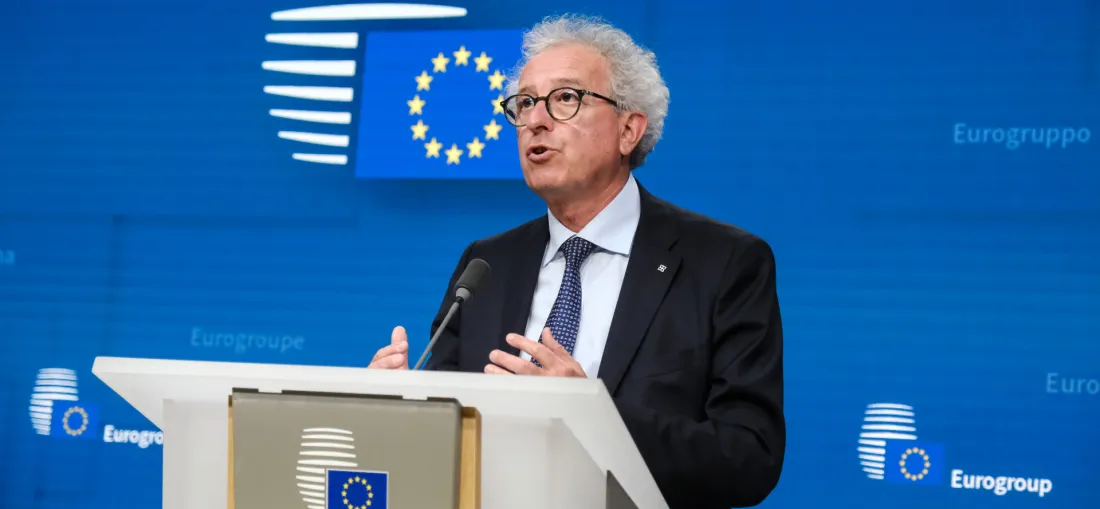Pierre Gramegna at Eurogroup press conference, July 2024

Remarks by ESM Managing Director Pierre Gramegna
Press conference following Eurogroup meeting
Brussels, 15 July 2024
Good evening, everyone. I will talk about two topics today: the fiscal stance of the euro area and the discussion we had with Enrico Letta, which was very fruitful.
On the euro area fiscal stance, I would like to start by echoing what Paulo [Gentiloni] has just said in thanking Niels Thygesen, the Chairman of the European Fiscal Board, for his dedication and engagement over the years. As ESM, we agree with the contractionary fiscal stance, which is necessary for next year. With increasing market attention on fiscal developments, it is the time for countries to demonstrate the credibility of their fiscal policies and commit to fiscal consolidation.
Consolidating public finances is also imperative to create the necessary buffers. Especially in these times when money is short, we need to ensure debt sustainability over the medium and long term, to also cope with the long-term issues in front of us, i.e. the green and digital transition, ageing societies, and defence and security challenges, together with other possible future external shocks.
Obviously, the picture varies from one country to another. Some countries need to do more debt reduction than others, and those who benefit from the fact of having buffers can obviously continue to prepare themselves better for the future by allocating the reserves they have for smart investments, which are good for competitiveness.
This brings me to the discussion on competitiveness that we had together with Enrico Letta, on his report, which is called "Much more than a market". The discussion, I think, was very fruitful and gave us a lot of insights on the funding gap and the challenges of the EU single market. We are all aware of the constraints on public finances and fiscal capacity. The first goal should be to make the most efficient use of available public resources by leveraging on them. Public resources can help to crowd in private funding.
The ESM agrees with the report when it recommends a swift and efficient use of the existing programmes to support the EU's strategic objectives. The ESM also takes note of the proposal for a new ESM instrument inspired by the Pandemic Crisis Support [instrument] and to create a defence line on this. The ESM provides support to its Members if their financial stability is at stake.
During the pandemic, the ESM agreed on a precautionary loan [credit line] called Pandemic Crisis Support.
Similarly, the report of Enrico Letta suggests that the ESM could address financial stability risks stemming from the geopolitical situation, for which a coordinated approach is welcome. There would need to be consensus among the 20 ESM Member States that defence and security measures trigger financial stability risks to activate such a facility. The ESM stands ready to work on this if its Member States want us to do so.
Let me finish by saying that the full ratification of the ESM Treaty remains an important topic. It is a matter of credibility and of coherence at the time when we're discussing the future use of the ESM – that what has been agreed in the past is implemented.
Response to question whether Mr Gramegna discussed the topic of ratification of the revised ESM Treaty with Italian finance minister Giorgetti.
This was not a topic of discussion today. The ESM was mentioned by Enrico Letta in his presentation for the very simple reason that he makes some suggestions about the future role of the ESM by using existing instruments. I have explained to the Eurogroup, as I explained here, that he drew a parallel with the Pandemic Crisis Support instrument, which was developed in 2020, and drawing a parallel that we could do that eventually for defence or security issues. Minister Giorgetti was in the room; he did not intervene, and we had no specific discussion on this bilaterally. But I can tell you that I am in constant contact with Italian authorities to find solutions.
Contacts


